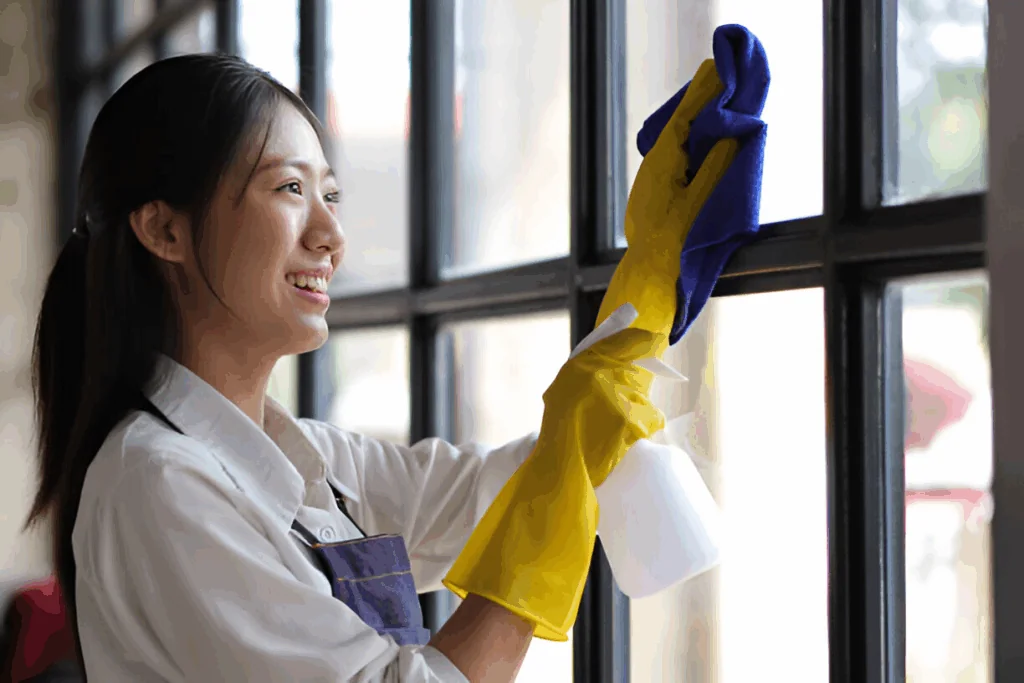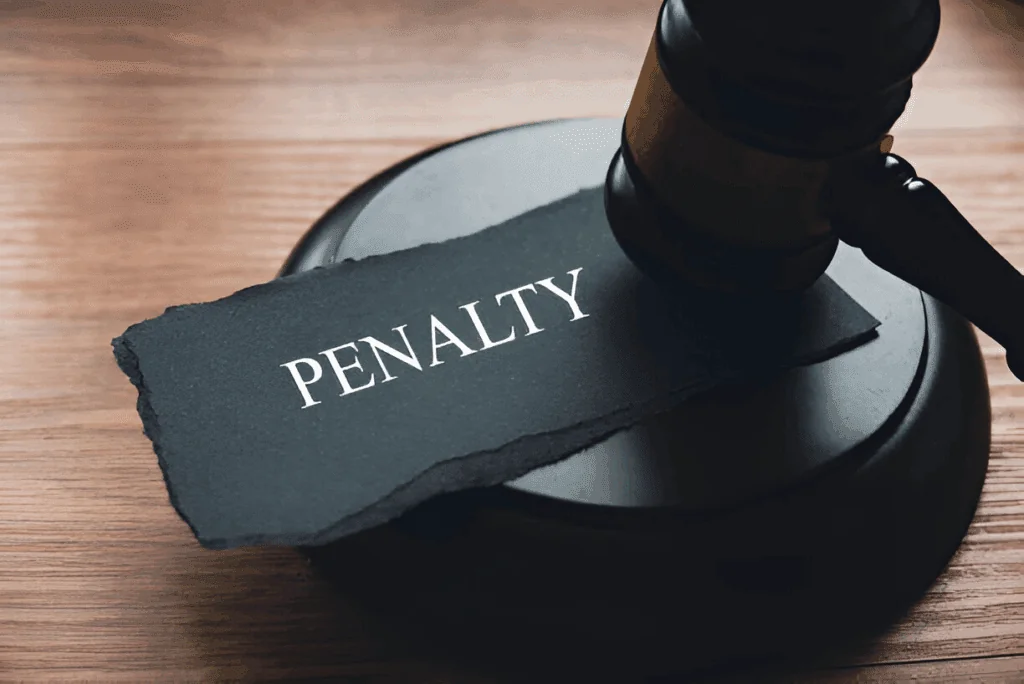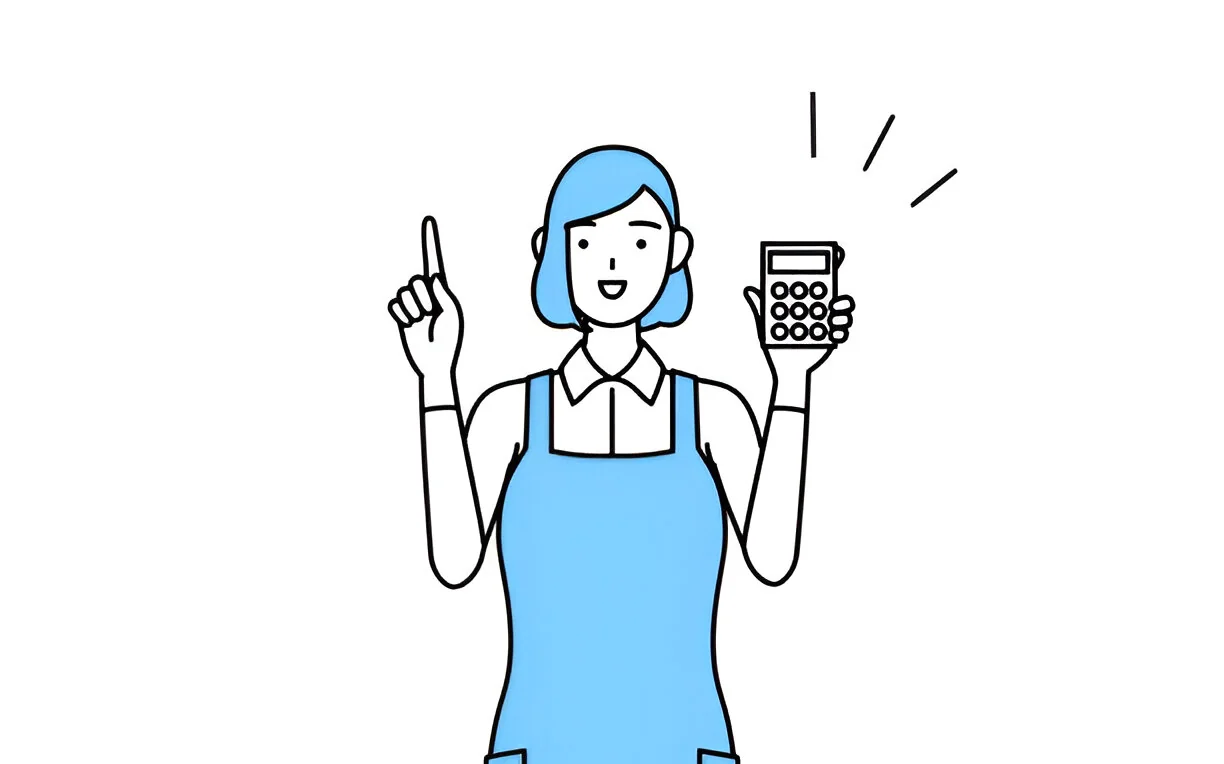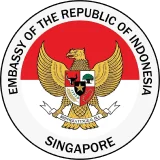Hiring a domestic helper in Singapore offers invaluable support for households juggling childcare, eldercare, or busy work schedules. However, beyond salaries and agency fees, employers are also responsible for a monthly Foreign Domestic Worker (FDW) levy, commonly known as the maid levy. Understanding how the levy works helps ensure full compliance with Ministry of Manpower (MOM) regulations—while also identifying possible cost-saving opportunities.
Whether you’re a first-time employer or looking to renew your helper’s contract, here’s everything you need to know about the maid levy in Singapore.
What Is the Maid Levy?

The maid levy is a monthly charge set by the Singapore government for employers of foreign domestic workers. It is not considered part of the helper’s salary or entitlements, but serves as a regulatory measure to manage the employment of migrant domestic workers.
Only employers are responsible for paying this levy. It must be paid regardless of the helper’s nationality (e.g., Indonesian, Filipino, or other).
Current Maid Levy Rates (as of 2025)
As of 2025, the prevailing maid levy rates are:
Levy Type | Monthly Rate |
Standard Rate (1st Helper) | S$ 300 |
Standard Rate (Subsequent Helpers) | S$ 450 |
Concessionary Rate | S$ 60 |
Let’s break this down:
- Standard Levy (S$300/month): Applies to most employers.
- Concessionary Levy (S$60/month): Available to eligible households under specific conditions.
These amounts are fixed and must be paid monthly as long as the helper’s work permit is valid—even if the helper is on home leave or not actively working.
Who Qualifies for Levy Concession?
Good news—some households may qualify for the concessionary rate of S$60 per month. To be eligible, your household must meet at least one of the following criteria:
- Has a child below 16 years old
- Includes a Singaporean senior aged 67 or above
- Contains a person with disabilities
Each household is entitled to a concession for up to two FDWs. The concession is applied automatically if you’ve registered your dependent with the relevant government bodies (e.g., MSF, SG Enable).
You can apply for this through the Levy Concession for Persons with Disabilities Scheme or Young Child Grant via the MOM website.
How to Pay the Maid Levy

The levy is automatically deducted via GIRO, typically around the 17th of each month. Here’s how you can manage the payment:
- Set up a GIRO arrangement during the application for your helper’s work permit.
- Monitor deductions via CPF’s online portal or the MOM’s FDW eService.
- Ensure sufficient funds in your linked bank account to avoid failed deductions.
If you change banks, remember to update the GIRO arrangement to ensure seamless payments.
Penalties for Late or Non-Payment

Failing to pay the levy on time can result in:
- A late payment penalty of 2% per month (up to a maximum of 30% of unpaid levy).
- Suspension or revocation of the helper’s work permit.
- Ineligibility to hire new helpers until outstanding levies are cleared.
To avoid these risks, always keep your GIRO account active and ensure timely payment.
Common Questions About the Maid Levy
Is the maid levy part of my helper’s salary?
No. It is a government-imposed fee paid by the employer, not an employee benefit.
Do I still pay the levy when my helper is overseas?
Yes, unless the helper is on a long-term overseas leave and the Work Permit is temporarily cancelled or suspended.
Can I get a refund on the levy?
Levy refunds are pro-rated and may apply if your helper’s Work Permit is cancelled before the end of the billing cycle.
Government Assistance & Support Schemes
In addition to the levy concession, other forms of support include:
- Baby Bonus Scheme – helps offset childcare costs.
- Home Caregiving Grant – supports families caring for seniors or PWDs.
These can significantly reduce the financial strain of employing a domestic helper.
Tips to Manage Maid Costs More Effectively
- Budget ahead for the full cost of employing a helper—including levy, salary, and living expenses.
- Check your eligibility for the concession regularly.
- Choose a reliable agency like Human Dynamics that offers transparent pricing and levy guidance.
- Keep all documentation updated to avoid unexpected penalties or loss of levy concessions.
Conclusion
Understanding how the maid levy works is key to being a responsible and compliant employer in Singapore. From knowing the current rates to applying for concessions and paying on time, every step matters.
At Human Dynamics, we support households through every stage of the domestic helper hiring process—including guidance on maid levy requirements, GIRO setup, and renewal support.




